News
UK’s AML Regulations for Art Market Excludes Art Creators
The UK to implement new Anti-Money Laundering regulation to cover the art market from 10th June 2...
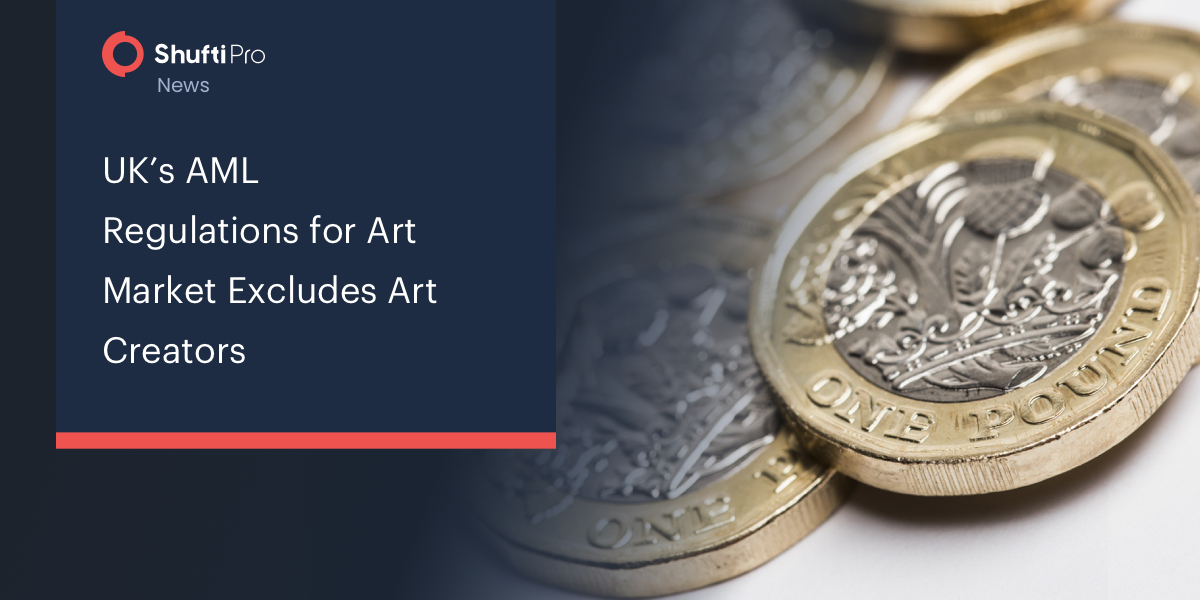 Explore More
Explore More
News
LocalBitcoins Matching Exchange, Cited By U.S. In Bizlato Case, To Shut Down After 10 Years
LocalBitcoins, the crypto firm named by the US treasury in the Bizlato exchange case, has announc...
 Explore More
Explore More
News
Wealthy Americans Targeted by U.S. in Panama Tax-fraud Probe
Financial authorities in the US obtained a legal mandate to acquire information about wealthy cit...
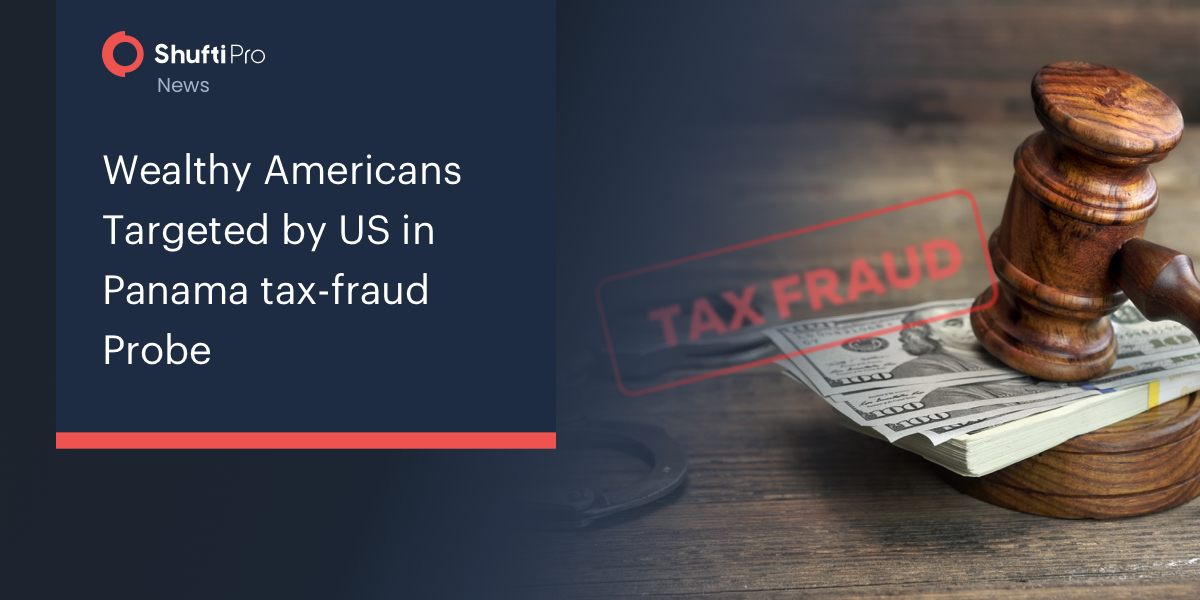 Explore More
Explore More
News
FinCEN Wants Banks to Submit SARs to Affiliates Under AML Act 2021
FinCEN proposed a new rule that will allow banks to share suspicious activity reports with foreig...
 Explore More
Explore More
News
The market for Digital Identity Solutions expected to double by 2024
The market for Digital Identity Solutions is predicted to double between 2019 and 2024, as report...
 Explore More
Explore More
News
Abu Dhabi to Establish Executive Office to Combat Illicit Financial Flow
A specialised court in Abu Dhabi will be developed to oversee the measures to fight financial cri...
 Explore More
Explore More
News
Danish Gaming Regulator Sanctions Unibet Over AML Violations
Spillemyndigheden, the Danish Gaming Regulatory Authority has sanctioned Unibet for failing to co...
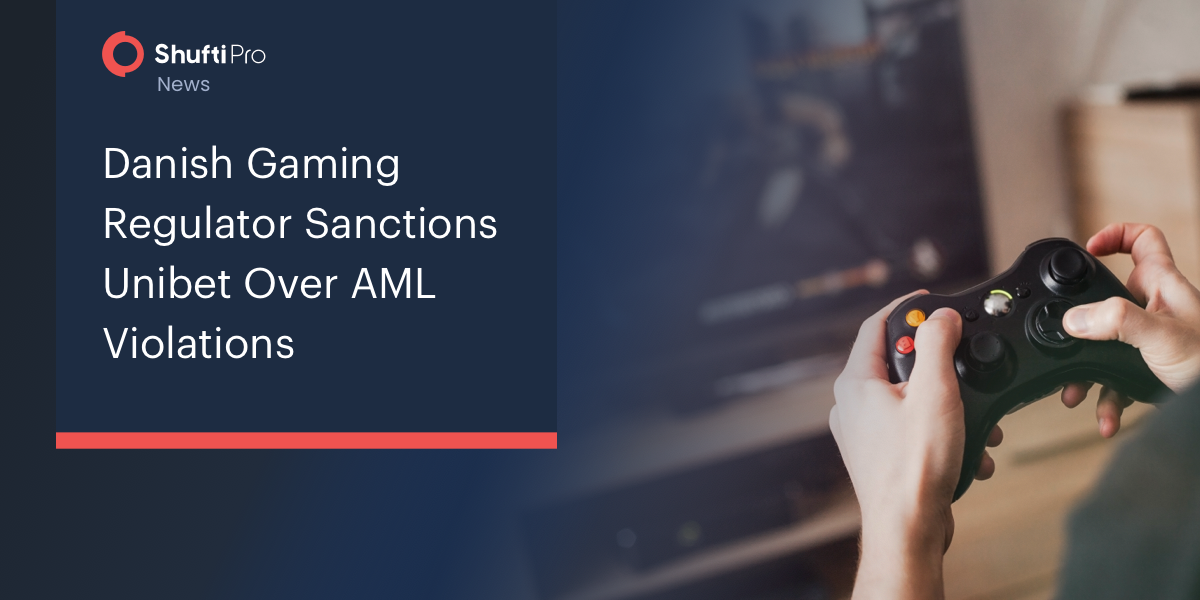 Explore More
Explore More
News
UAE Firms Must Disclose UBO’s to Avoid Dirty Money Watch List
500,000+ firms in the UAE (United Arab Emirates) face disclosure of their Ultimate Beneficial Own...
 Explore More
Explore More
News
China Extends the Regulatory Crackdown to the Fintech Giants
The financial watchdogs in China are rolling out new legislative measures to restrict the finance...
 Explore More
Explore More
News
Fraud claim filed against HSBC Bank for ‘sham’ investment scheme
A fraud claim worth £1.3 billion has been submitted by 371 investors against HSBC UK Bank for los...
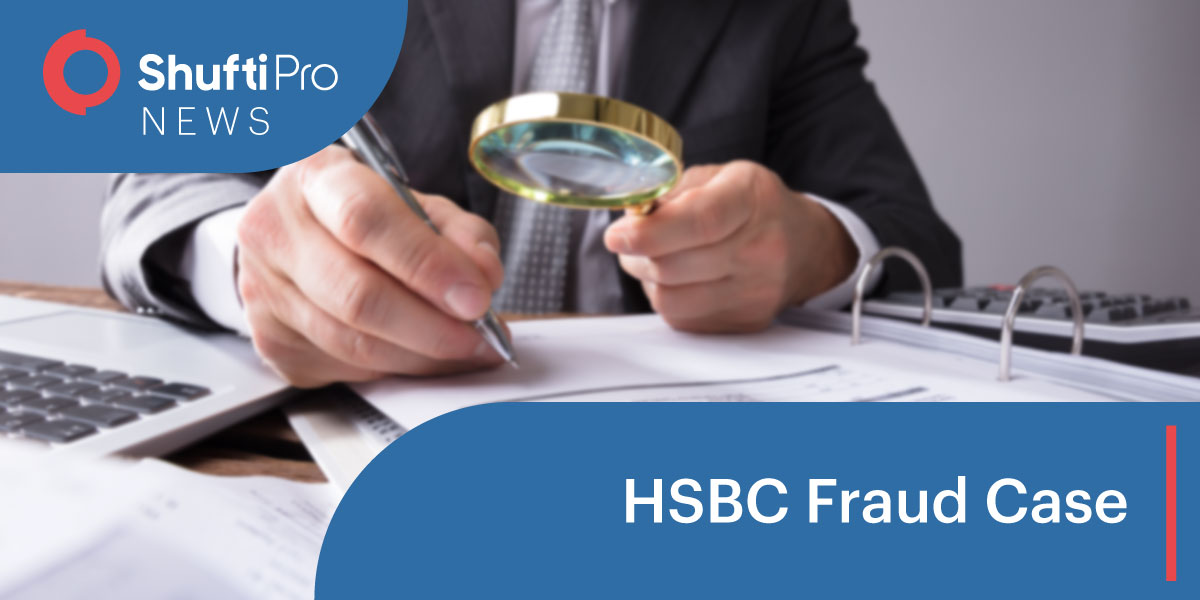 Explore More
Explore More
News
FinCEN Warns Banks of Potential Russian Sanctions Evasion
The Financial Crimes Enforcement Network (FinCEN) has warned banks of possible suspicious practic...
 Explore More
Explore More
News
Australian Government Announces Development of Gambling Regulations Commission
Australian spokespersons for Gambling and Harm Reduction forced the New South Wales (NSW) governm...
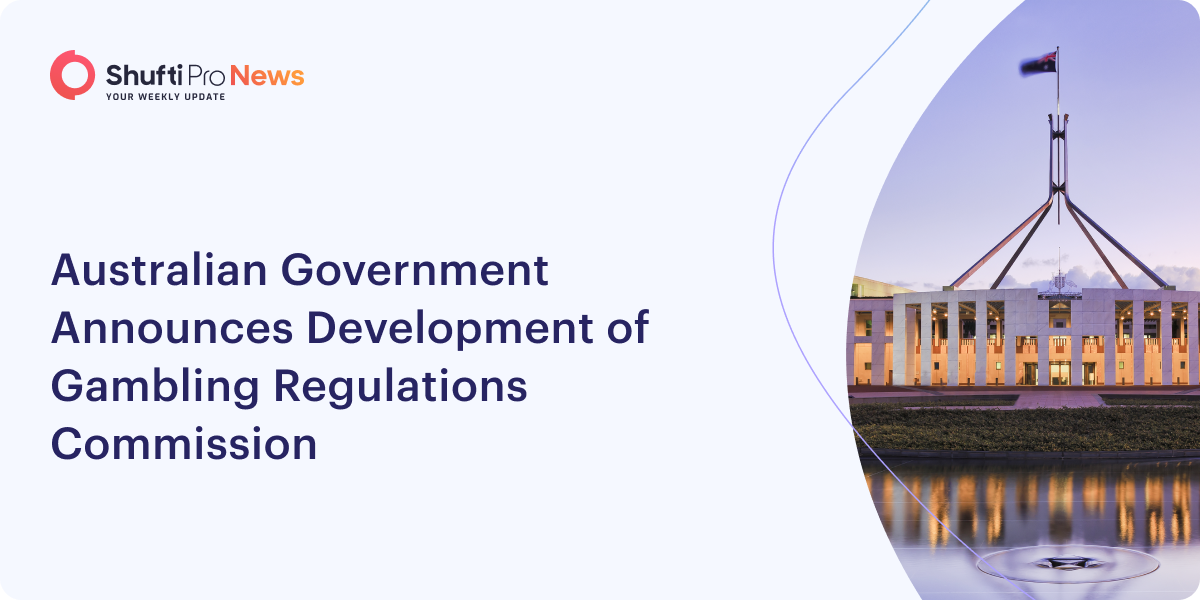 Explore More
Explore More
News
CFTC Charges South African Pool Operator for BTC Fraud Worth $1.7 Billion
CTFC charges a South African pool operator Steynberg for the largest fraud case in the region inv...
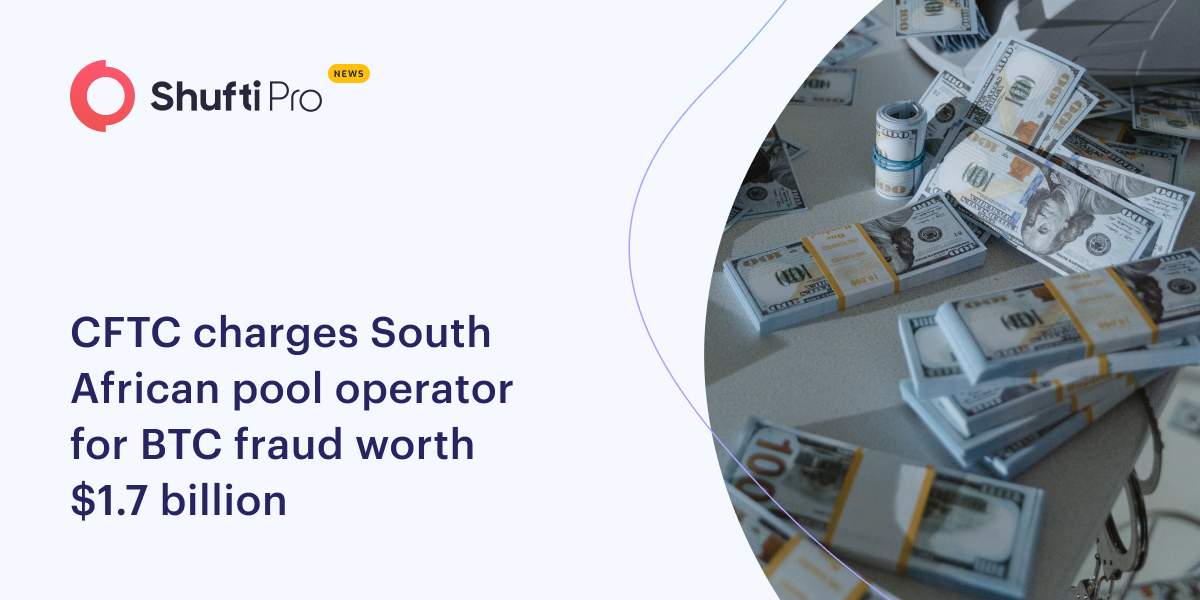 Explore More
Explore More
News
AUSTRAC Partners With UK Counterpart to Fight Fraud
The financial intelligence agency has announced AUSTRAC has entered a new partnership with a UK c...
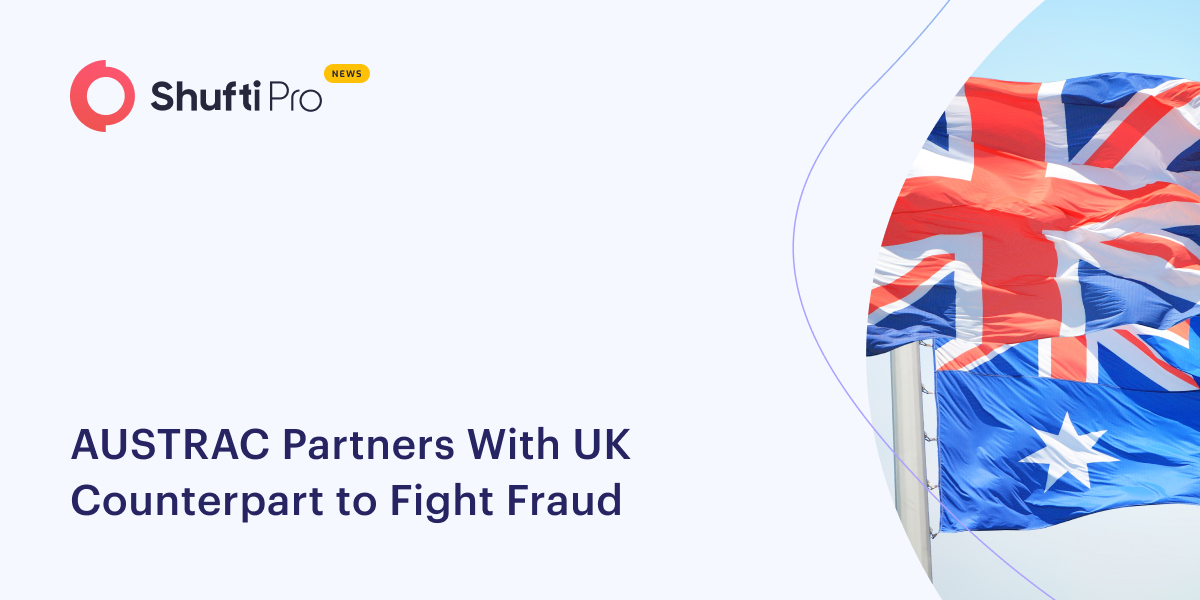 Explore More
Explore More
News
SriLankan Government to Enforce Money Laundering Law to Restrict Illicit Flow of Money
The current scenario of the Sri Lankan currency’s downfall has become a reason for money la...
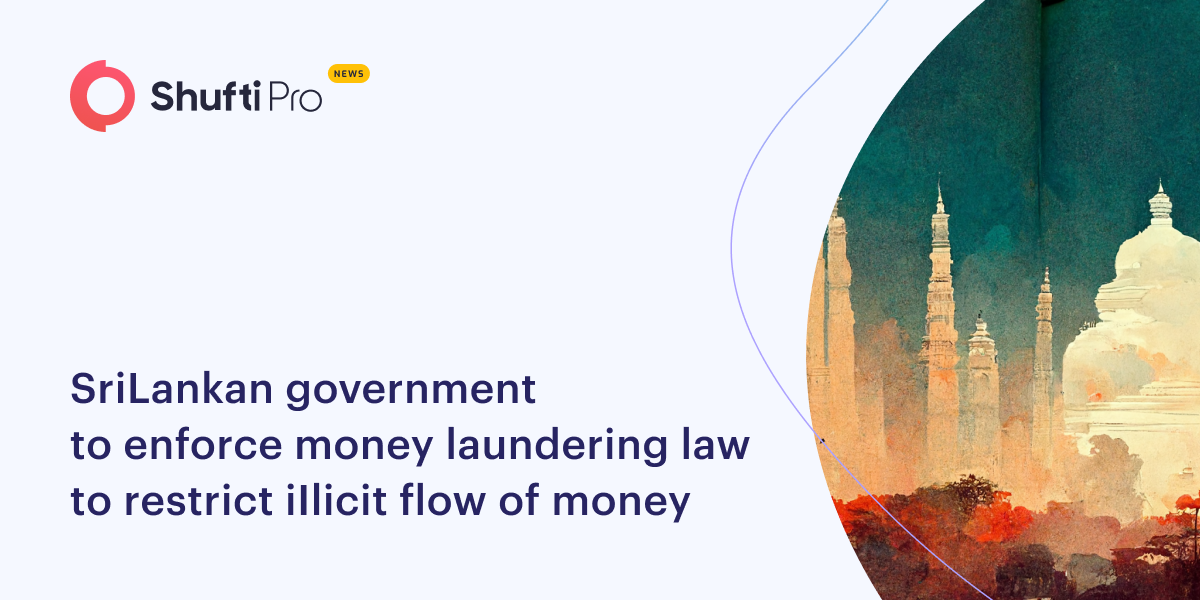 Explore More
Explore More
News
US Accuses Crypto Firms for Serving as Money Laundering Hub
The US Treasury’s department targeted the crypto mixers to combat internationally operated financ...
 Explore More
Explore More
News
COVID-19 Vaccines at the Risk of being Illegally Obtained by Fraudsters
There is nothing more awaited than the coronavirus vaccine this year. The international agencies ...
 Explore More
Explore More
News
European Commission Lists Online Gambling a High-Risk Sector for Money Laundering
The European Commission has listed online gambling as a high-risk avenue for money laundering aft...
 Explore More
Explore More
News
Canada Financial Crimes Agency Questioned on Effectiveness of Anti-Fraud Measures
Anti-fraud experts are reporting concerns regarding the Liberals’ newly announced Canada Financia...
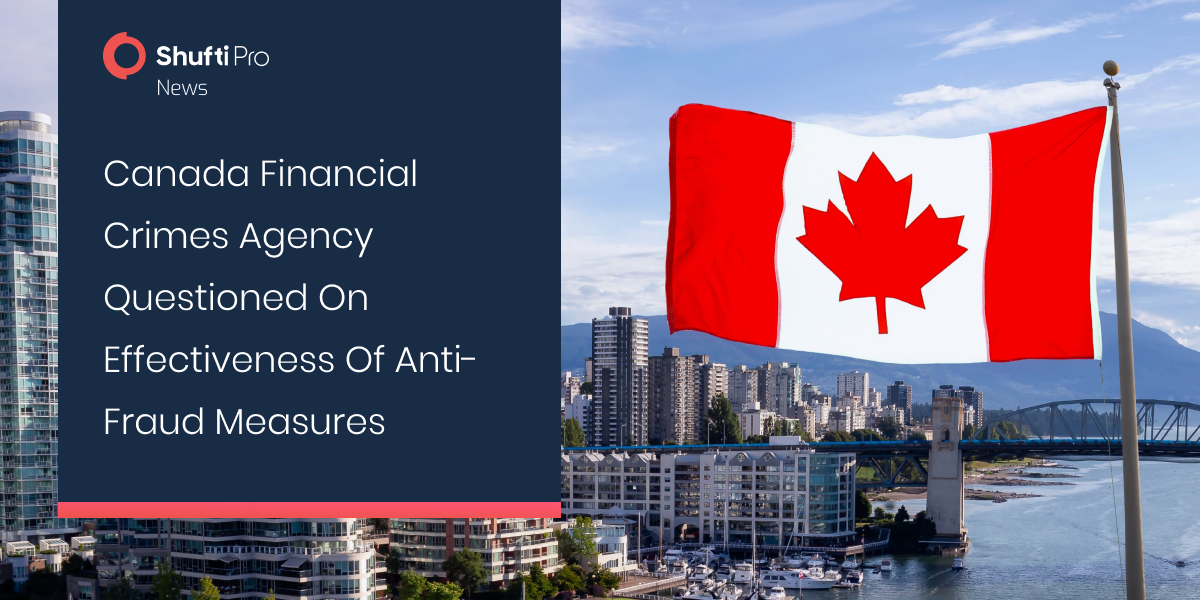 Explore More
Explore More
News
Saudi Arabia Uncovers Massive Fraud worth SR11.5 Billion
Law enforcement authorities in Saudi Arabia arrested at least 32 suspects including businessmen, ...
 Explore More
Explore More
News
Binance to Strengthen KYC Measures & Sanctions Enforcement with New Partnerships
The global crypto exchange Binance has announced that it will strengthen its KYC controls & s...
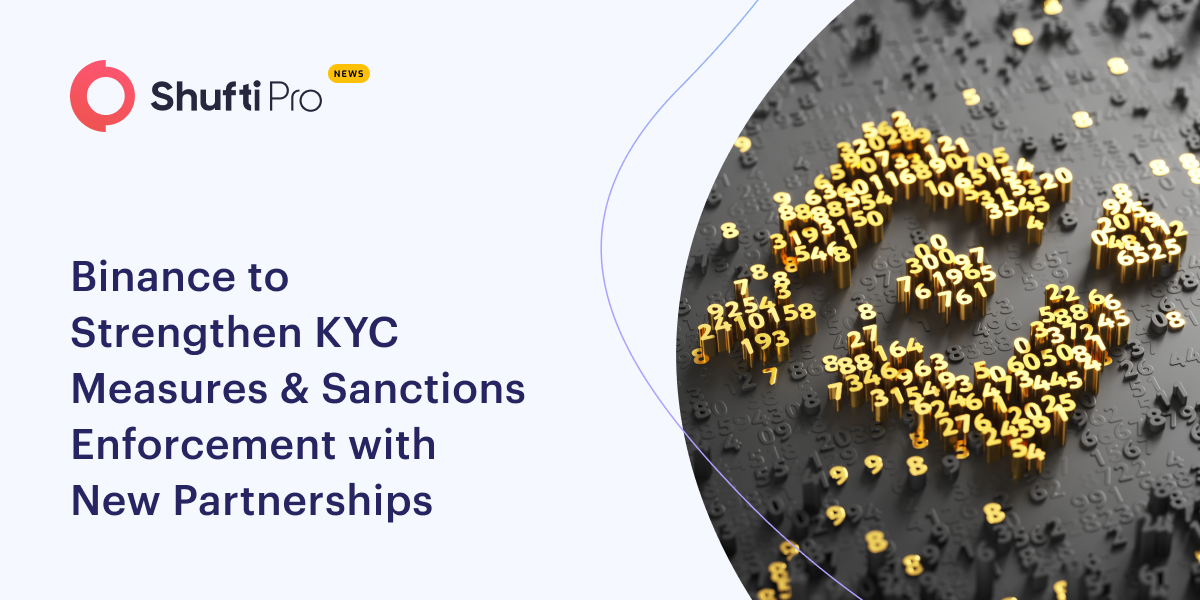 Explore More
Explore More
News
Taiwan’s Ministry of Justice Proposes Amendments in AML Laws to Strengthen Fraud Measures
The Ministry of Justice (MOJ) called for adequate measures in AML compliance and a streamlined sy...
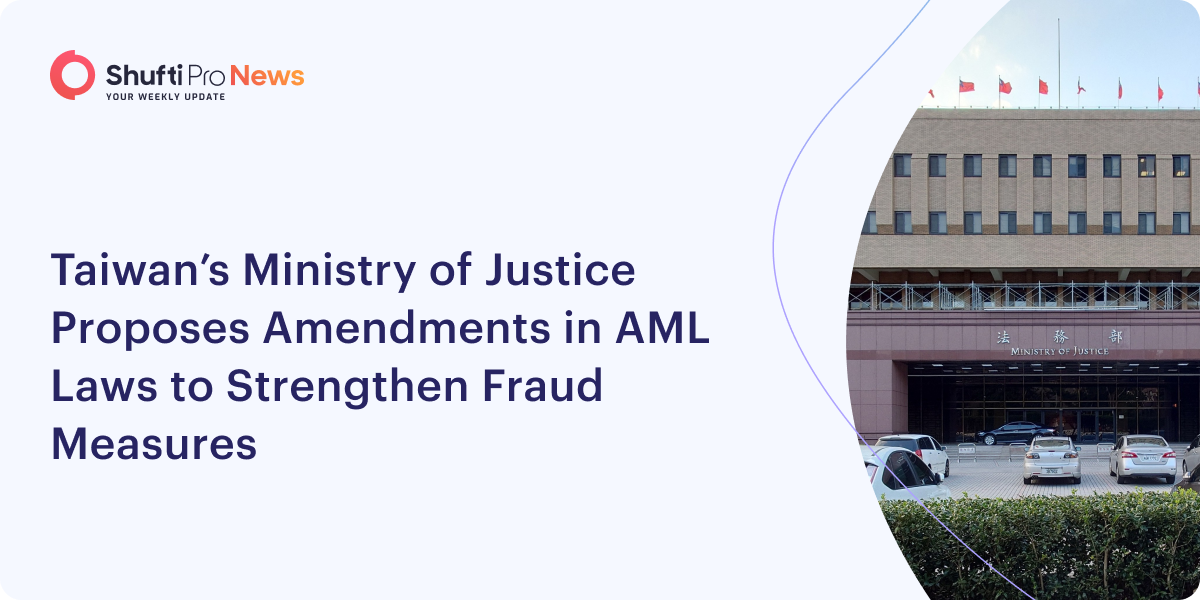 Explore More
Explore More
News
BaFin Demands Deutsche Bank to Tighten its AML Controls
The financial regulatory authority in Germany, BaFin (Federal Financial Supervisory Authority) ha...
 Explore More
Explore More
News
Over 6000 BVNs Under Scrutiny for Fraudulent Transactions, Reveals CBN
The Central Bank of Nigeria (CBN) has revealed that more than 6000 Bank Verification Numbers (BVN...
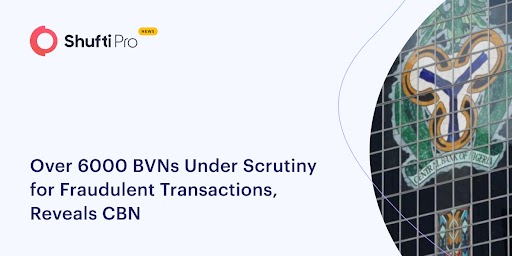 Explore More
Explore More
News
The UK Law Firms Approve the Use of AI in AML Armoury
The Legal Sector Affinity Group is the governing body of all the UK’s legal regulatory and repres...
 Explore More
Explore More
News
Global regulators propose stricter scrutiny of derivatives clearers amidst deadlock with banks
LONDON – Global regulators have suggested greater scrutiny of clearinghouses managing trill...
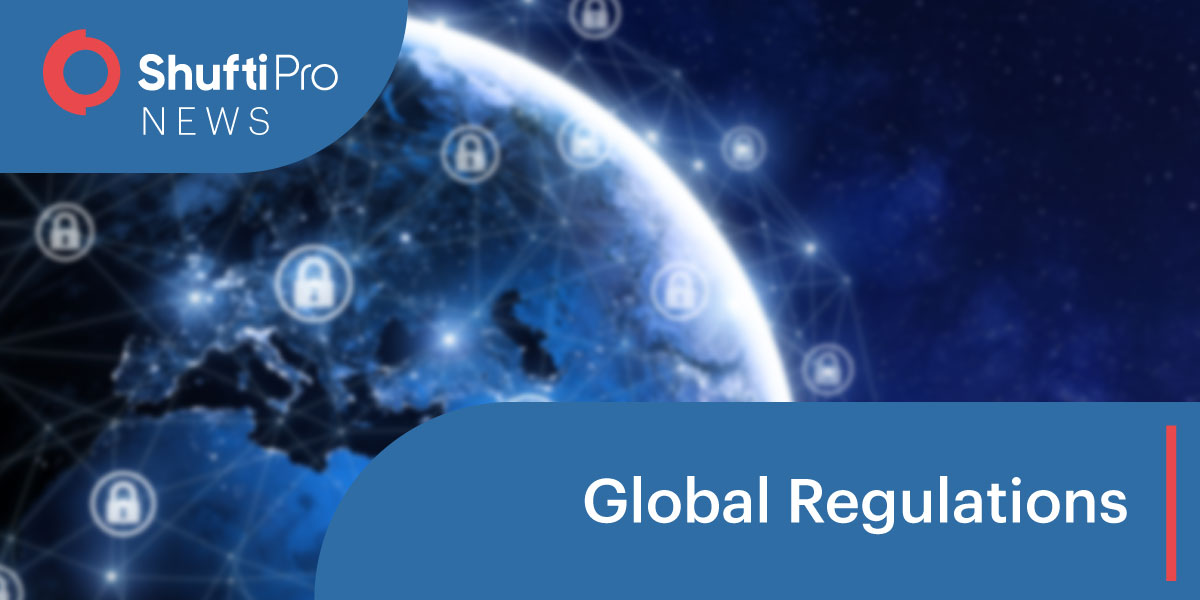 Explore More
Explore More
News
Cambodia Under FATF’s Tight Monitoring Over Weak AML Measures
Cambodia is under the tight monitoring of FATF over weak AML measures. According to Transparency ...
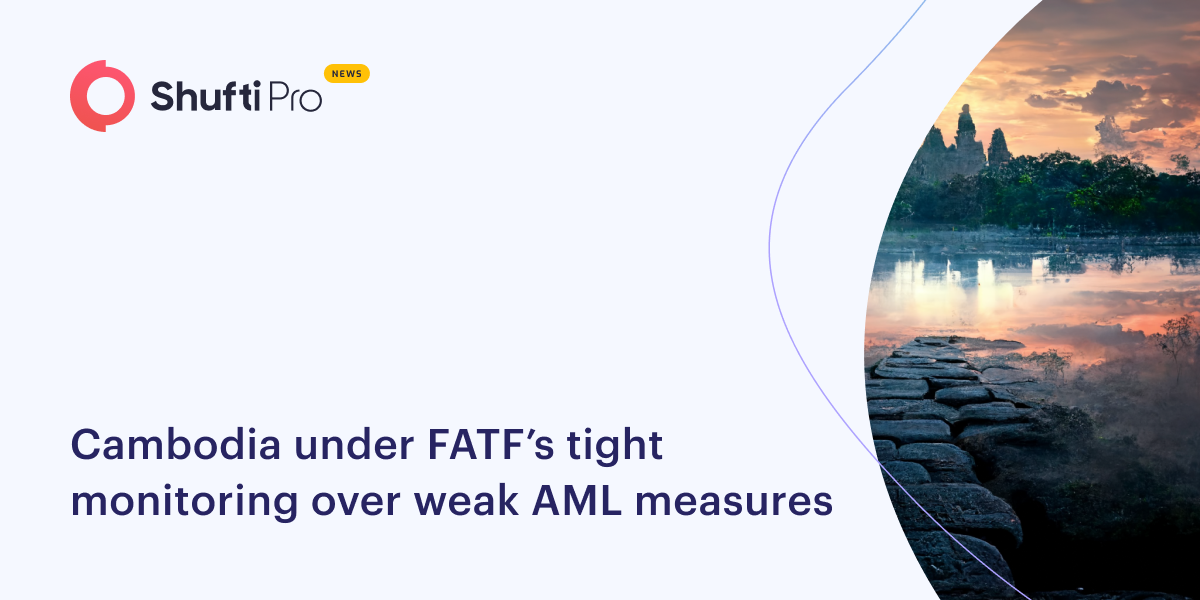 Explore More
Explore More
News
$8M seized, Four Arrested for Money Laundering Activities Across Sydney
The Sydney law enforcement authorities seized more than $8 million in cash and arrested four crim...
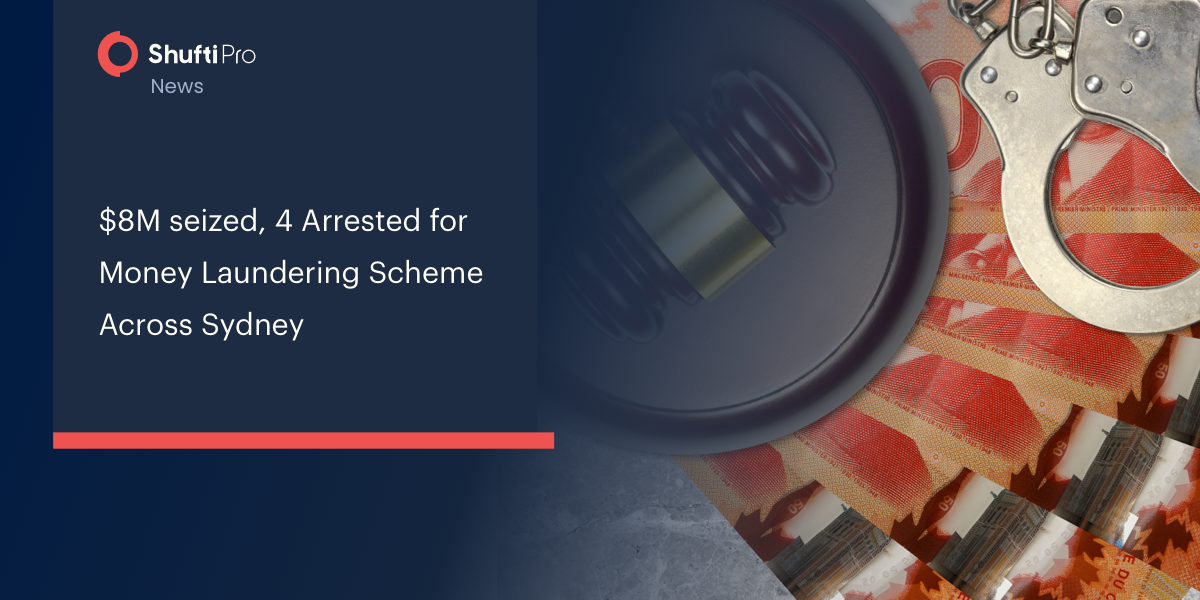 Explore More
Explore More
News
Australians Lost a Record Amount of Over $3 Billion to Scams in 2022
The Australian Competition and Consumer Commission (ACCC) revealed that Aussies lost more than $3...
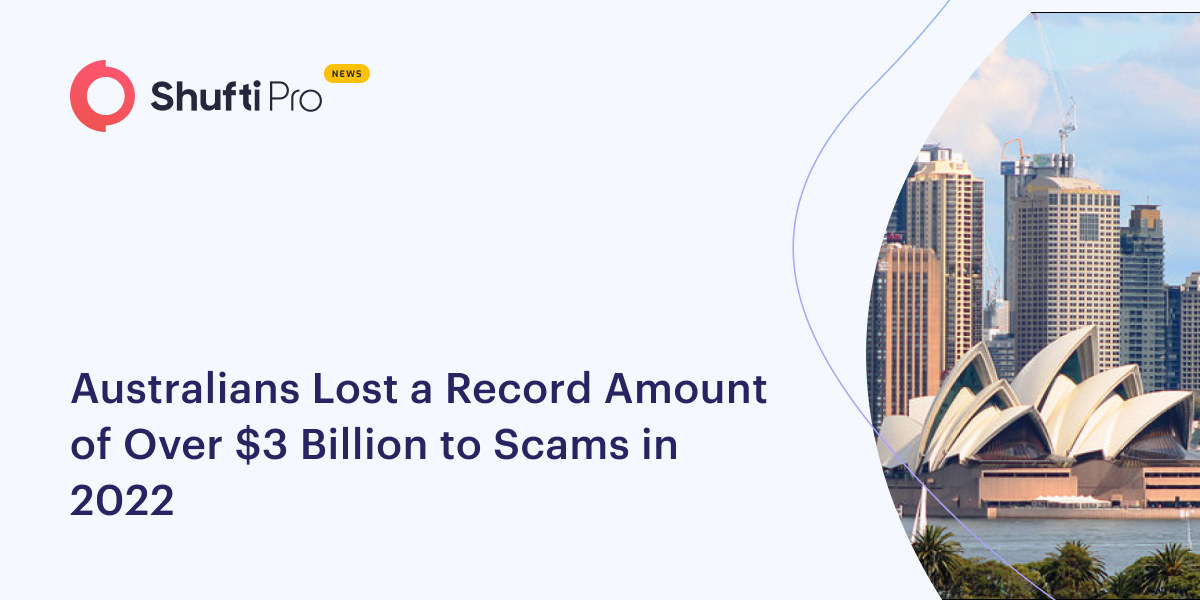 Explore More
Explore More
News
Switzerland Ill-Equipped in Fight Against White Collar Crimes: SFAO Report
The Swiss Federal Audit Office investigated Switzerland’s meager protocols against white-co...
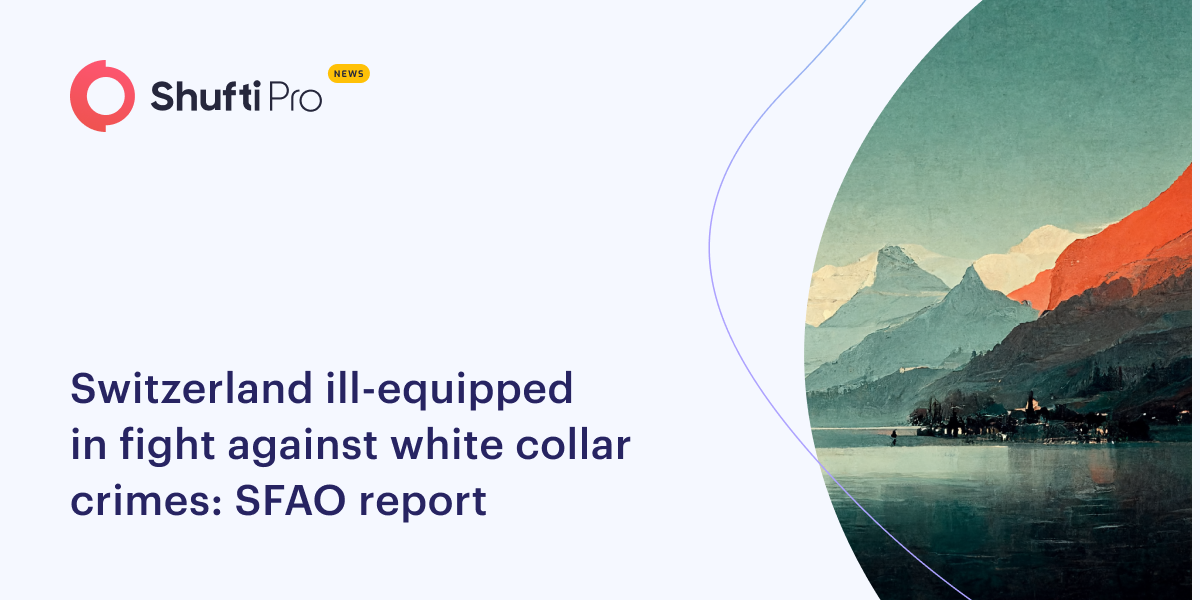 Explore More
Explore More
News
Fed Board Issues Directives Restricting Member Banks Holding Crypto as Principal
The US Federal Reserve rule cemented the Central bank’s caution about crypto asset activities, pr...
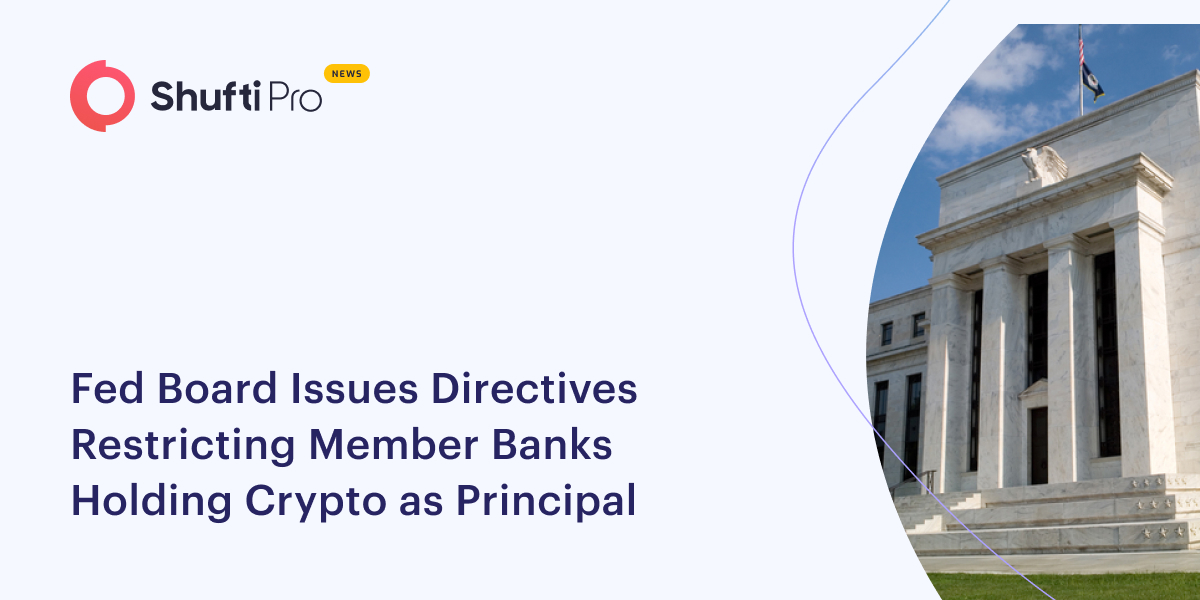 Explore More
Explore More
News
Deutsche Bank Subordinate DWS Fined $25 Million for AML Violations
In the latest enforcement action, the Security Exchange Commission (SEC) has fined $25 million to...
 Explore More
Explore More
News
Austrac Warns of Money Laundering Risks Unless More Prosecutions are Conducted
Austrac has warned the law enforcement agencies in Australia that they must conduct more money la...
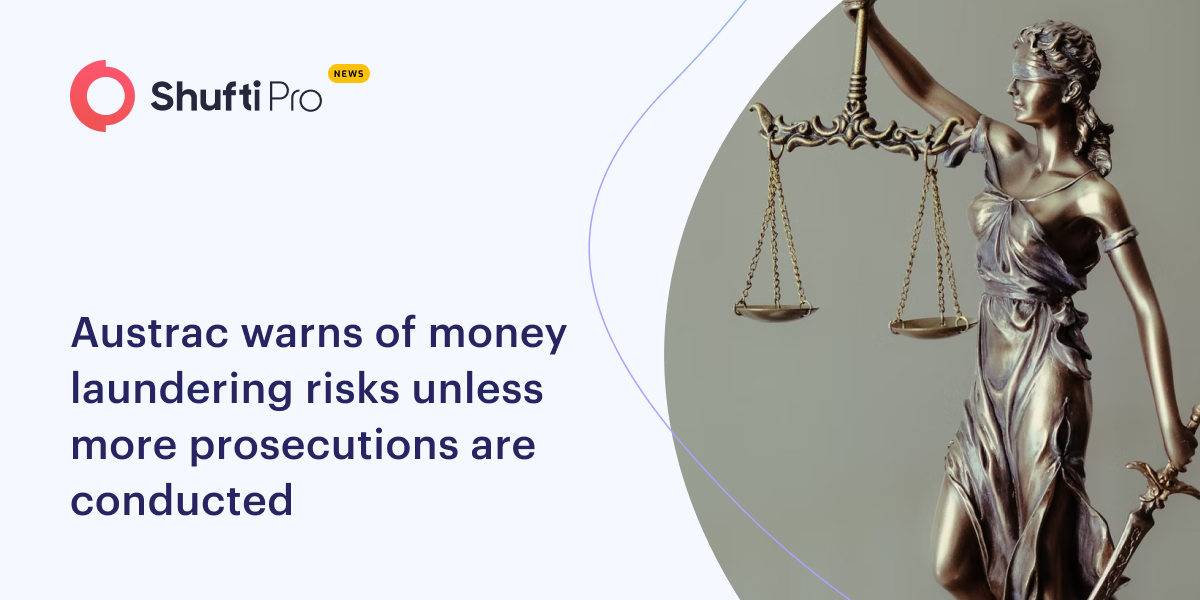 Explore More
Explore More
News
MENAFATF Adopts Abu Dhabi Recommendations to Counter Money Laundering and Terrorism Financing
An international group based on the FATF format, MENAFATF, has adopted the Abu Dhabi recommendati...
 Explore More
Explore More
News
Danish Gambling Operator Reports Tipwin to the Police for AML Failings
Then danish gambling operator Spillemyndigheden has reported Tipwin to the police for violating t...
 Explore More
Explore More
News
EU Strengthens Capacity of CSOs to Combat Money Laundering & Improve Governance
The European Union (EU) is working on boosting the capacity of more than 200 Civil Society Organi...
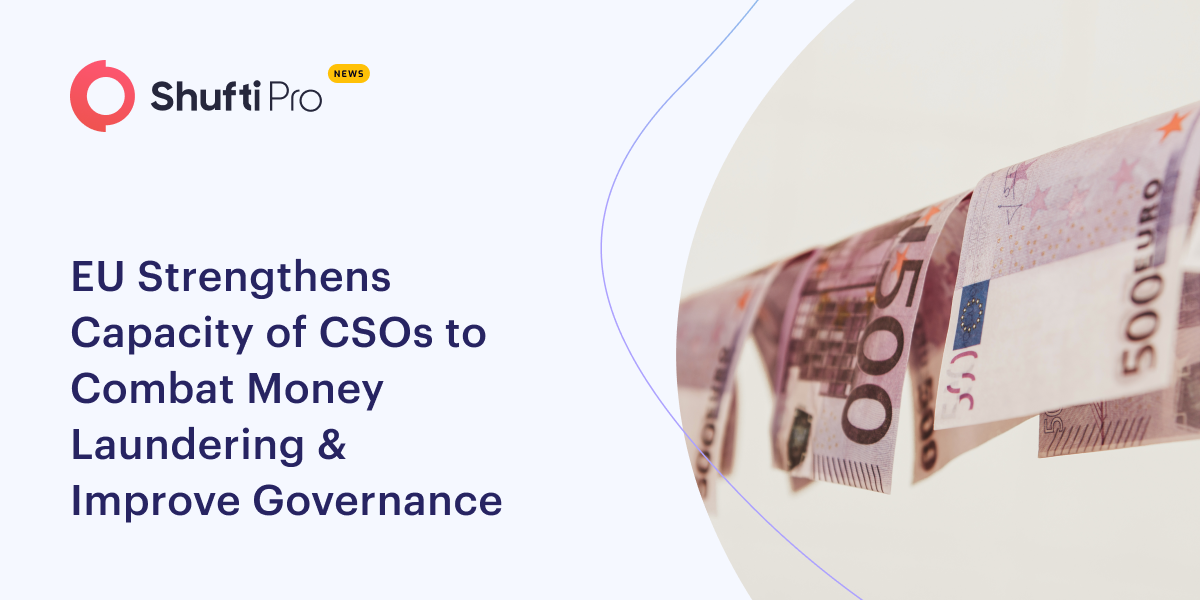 Explore More
Explore More
News
FinCEN Says Russia Cannot Evade Sanctions with Crypto
Global lawmakers are taking a closer look at digital assets and how they can or cannot be used to...
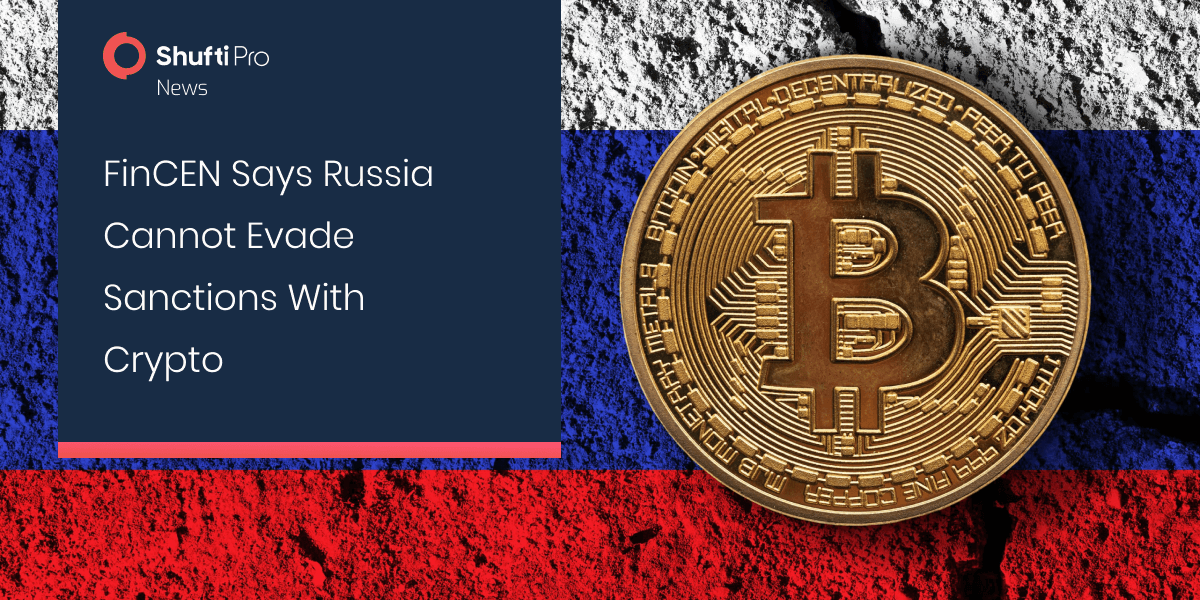 Explore More
Explore More
News
Online Gaming Used by Criminals to Groom Minors into Drug Mules
Criminal networks are now applying the use of online video game, Fortnite, to groom minors around...
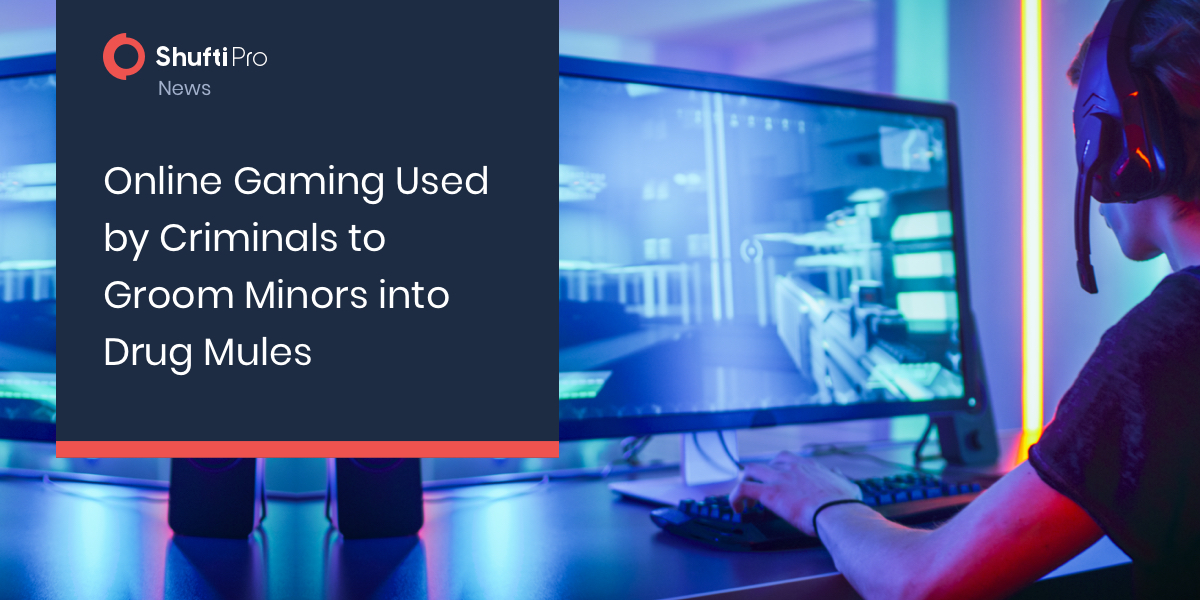 Explore More
Explore More
News
Albanian Financial Supervision Authority Approves Crypto Licensing Regime
Albanian Financial Supervision Authority has approved a licensing regime for crypto exchanges for...
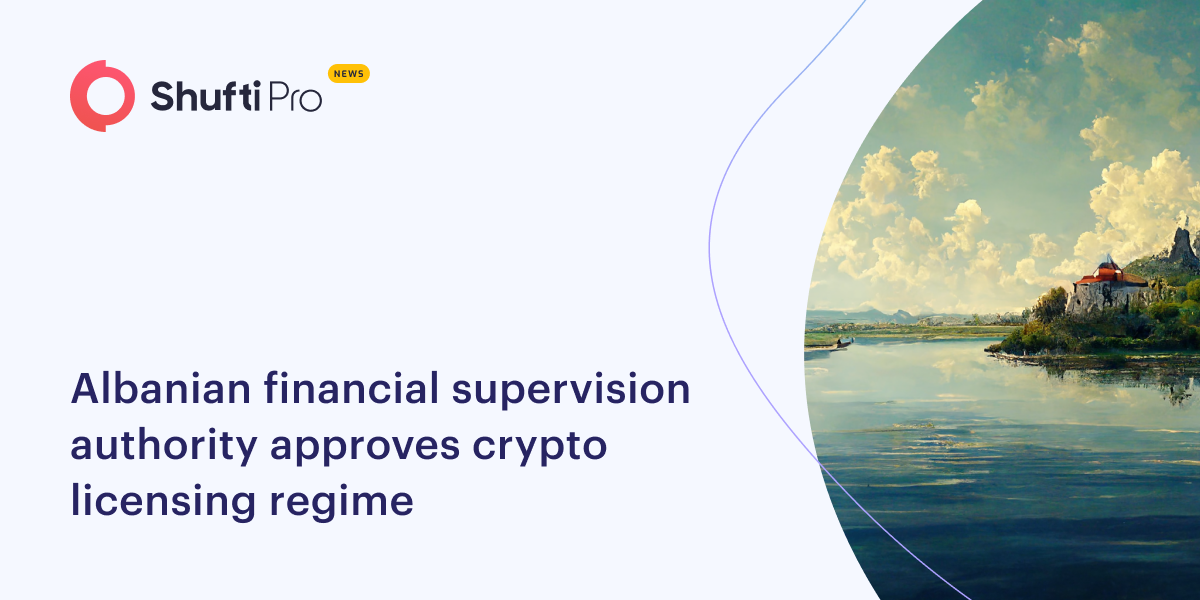 Explore More
Explore More
News
Amazon Warns UK Customers Over Rising Threat of Impersonation Scams
Amazon has cautioned UK customers about the rising threat of impersonation scams via phone calls,...
 Explore More
Explore More
News
US Accuses Crypto Firms for Serving as Money Laundering Hub
The US Treasury’s department targeted the crypto mixers to combat internationally operated financ...
 Explore More
Explore More
News
New US Legislation Implemented to Enhance Supervision of Cryptocurrency Transactions
US lawmakers introduced a new bill, the “Off-Chain Digital Commodity Transaction Reporting Act,” ...
 Explore More
Explore More
News
The UK Law Firms Approve the Use of AI in AML Armoury
The Legal Sector Affinity Group is the governing body of all the UK’s legal regulatory and repres...
 Explore More
Explore More
News
Amended Secrecy Law to Help Philippines Exit the Grey-List
The Philippines has proposed amendments to the Banking Secrecy Law to regulate financial accounts...
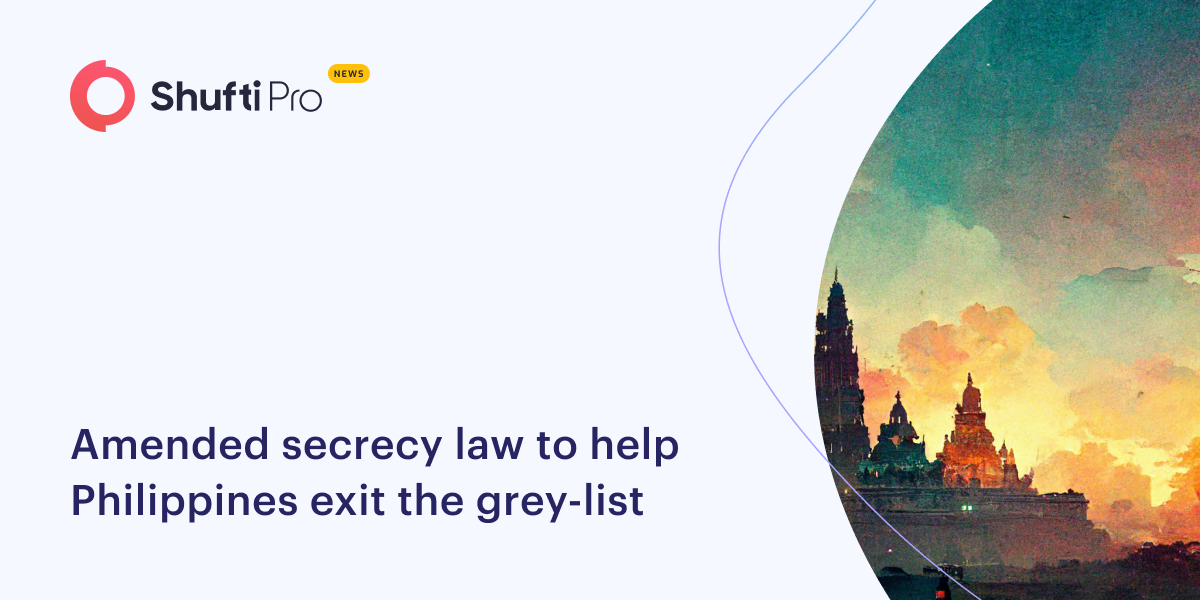 Explore More
Explore More
News
EU Urges the UK to Push Harder on Tax Avoidance and AML Regulations
The European Union has shown concerns regarding legal permits which allow financial services prov...
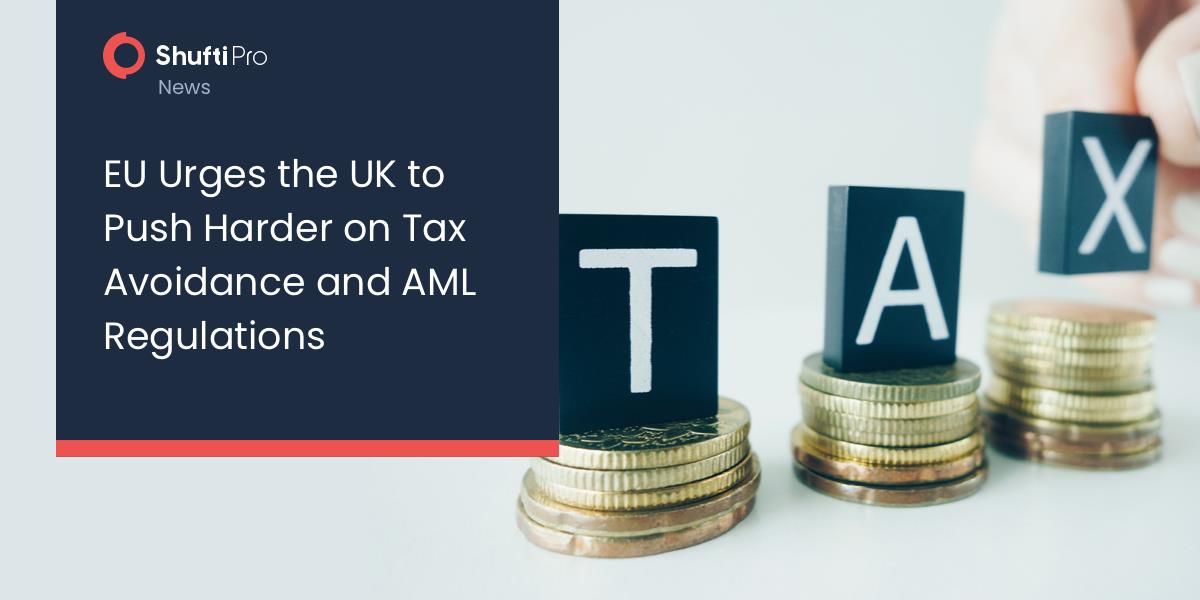 Explore More
Explore More
News
ICAEW Calls for Professional Scepticism to Mitigate Money Laundering in UAE
The Institute of Chartered Accountants in England and Wales (ICAEW) and the UAE’s Accountants &am...
 Explore More
Explore More
News
FIAU Slaps Triton Capital Markets Limited with €227,000 Fine for AML/CTF Breaches
The Financial Services Analysis Unit (FIAU) FIAU has fined Triton Capital Markets Limited €227,0...
 Explore More
Explore More
News
Uganda Remains on FATF Graylist for Failing to Curb Money Laundering
Uganda is still under the scrutiny of AML/CFT agencies after failing to enforce regulations in NG...
 Explore More
Explore More
News
Hong Kong Police Arrests 19 Criminals and Halts a US $40.5M Money-Laundering Operation
Hong Kong Police arrested 19 syndicate members pertaining to money laundering operations, involve...
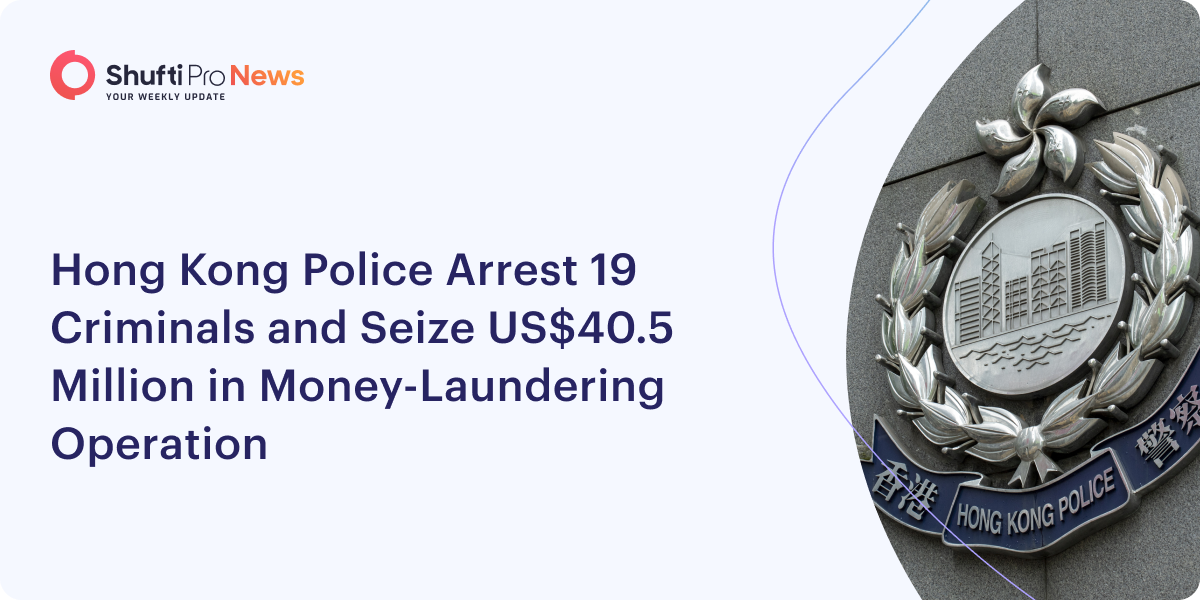 Explore More
Explore More
News
HM Treasury Consults UK Government on AML Supervision Reforms
HM Treasury announced that a consultation would be conducted concerning AML/CFT supervision refor...
 Explore More
Explore More
News
US Firm Fined with Half a Million Dollars for Violating US Sanctions
A crypto firm, BitPay will now have to pay a fine of half a million dollars to the U.S Treasury’s...
 Explore More
Explore More
News
NSW Gambling Laws Increase Risks of Money Laundering, Says the State’s Crime Commission
The New South Wales Crime Commission says that some of the state’s gambling laws have increased t...
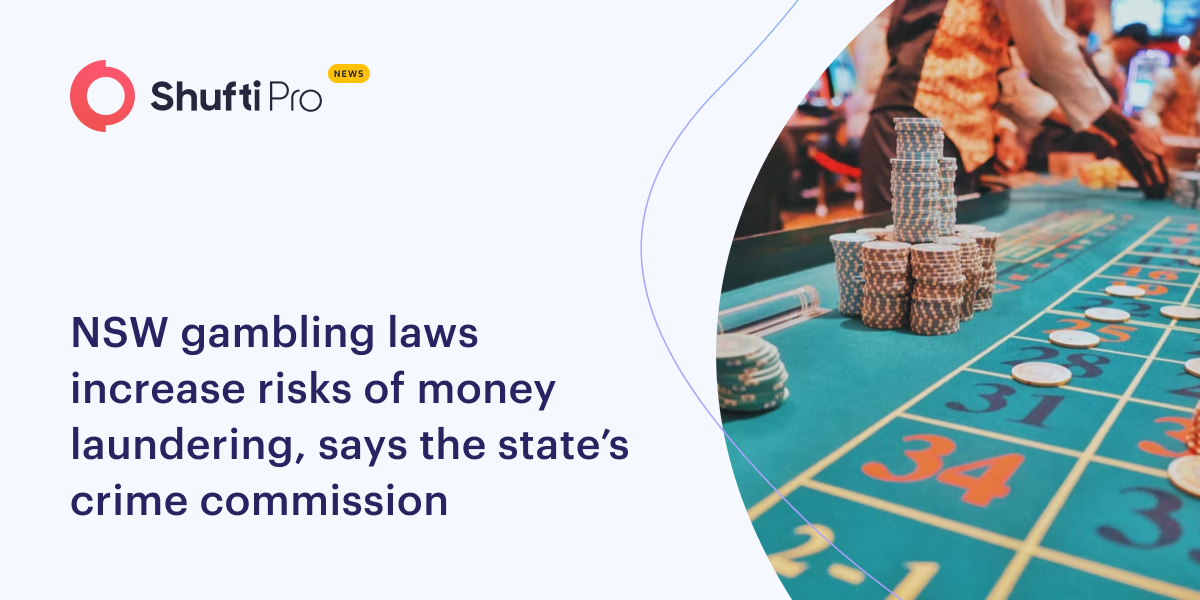 Explore More
Explore More
News
Danske to face $2 billion fine for money laundering
According to Jyske Bank, Danske will probably be fined around 13.5 billion kroner (around $2 bill...
 Explore More
Explore More
News
Dubai Sets up Special Court to Tackle Money Laundering
The new court of law has been established to combat money laundering and related financial crimes...
 Explore More
Explore More
News
US Accuses Crypto Firms for Serving as Money Laundering Hub
The US Treasury’s department targeted the crypto mixers to combat internationally operated financ...
 Explore More
Explore More
News
RoC of the Cayman Fines Companies failing to Reveal Beneficial Owner’s Name
Cayman Island’s Registrar of Companies has begun penalizing the financial firms for not disclosin...
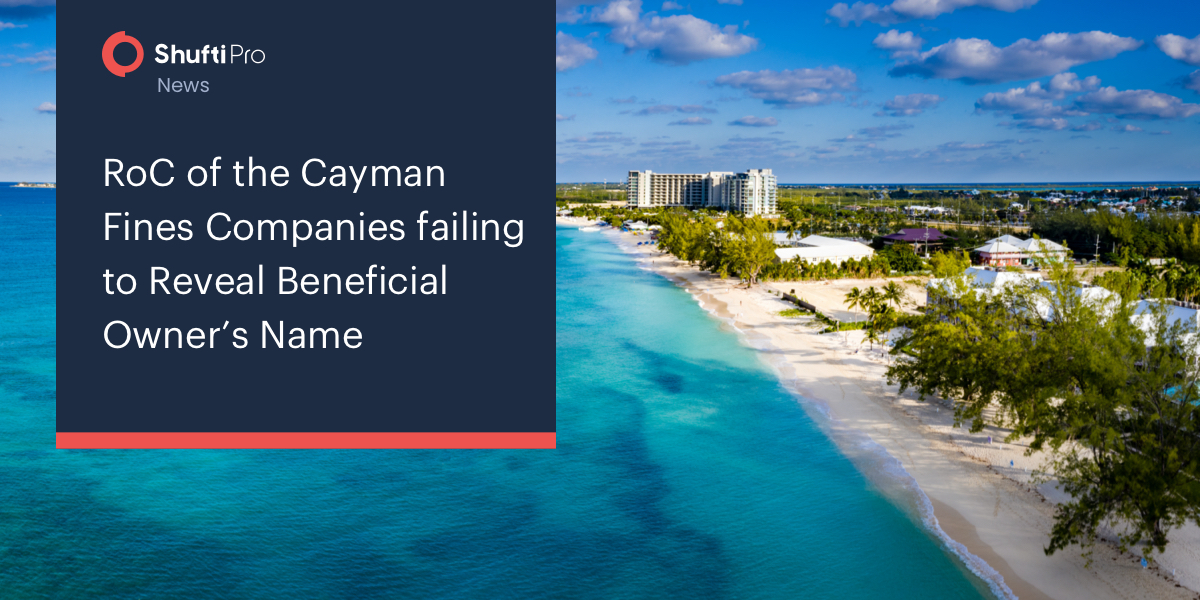 Explore More
Explore More
News
Investment platforms on target of Criminals to Launder Stolen COVID Relief funds
Sophisticated fraudsters with expert knowledge in tech are stealing the COVID-19 relief funds fro...
 Explore More
Explore More
News
Tech Giant Olympus Hit by Ransomware Attack from ‘BlackMatter’, Successor of DarkSide
More than 40 ransomware attacks have been attributed to BlackMatter, a ransomware-as-a-service gr...
 Explore More
Explore More
News
Malta-based Pilatus Bank Fined €5m Over AML & Terrorism Breaches
Pilatus Bank failed on various accounts, including identity verification of customer businesses, ...
 Explore More
Explore More
News
EU Sets a New Limit on Cash Transactions to Curb Financial Crimes
The EU countries have signed an agreement according to which the crypto-service providers must co...
 Explore More
Explore More
News
Gamers Must Be Aware of long-Scale Click Fraud Campaign- Says Microsoft
Microsoft alerted gamers regarding wide-spreading click fraud. Cybersecurity personals said that ...
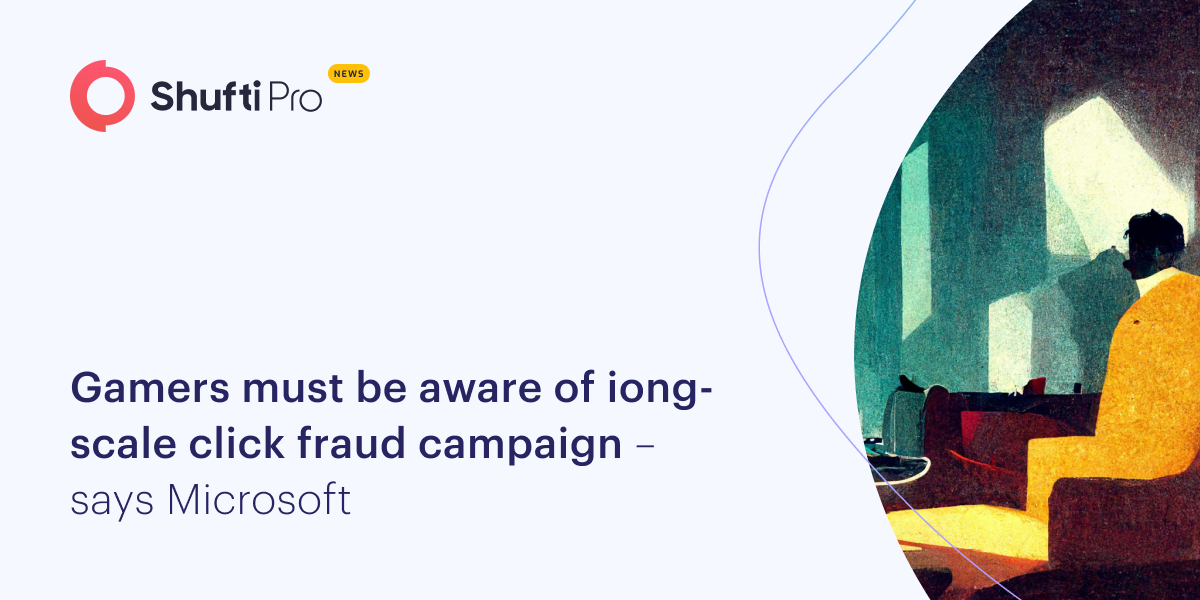 Explore More
Explore More
News
Enhancing Transparency and Beneficial Ownership in the Fight Against Trade-Based Money Laundering
Criminals use trade-based money laundering (TBML) to move illicit money across jurisdictions. TBM...
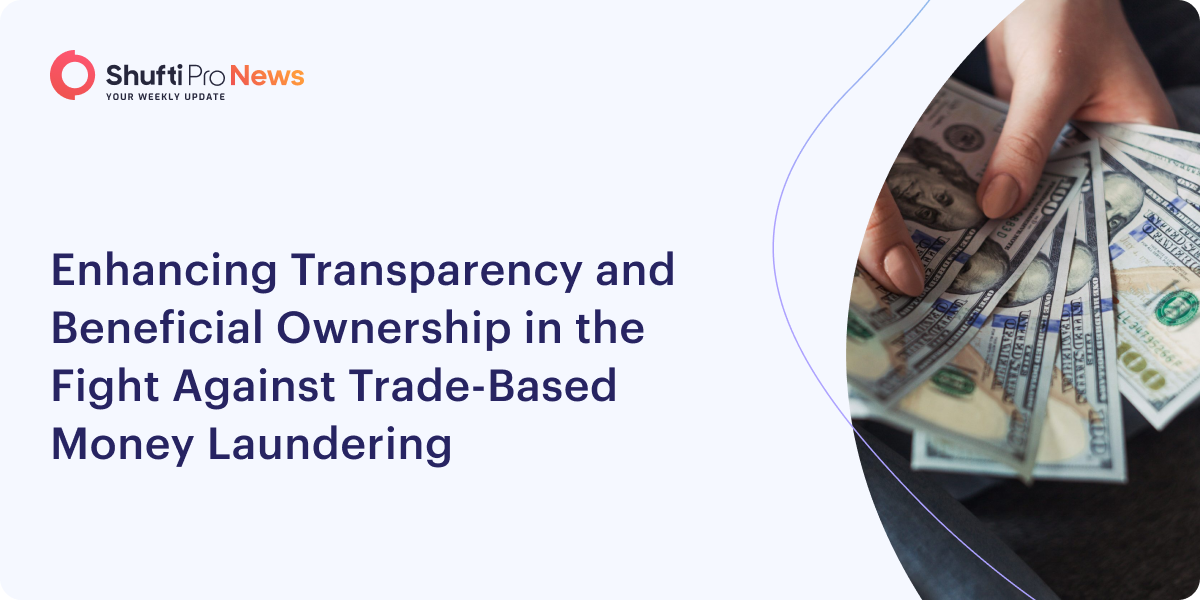 Explore More
Explore More
News
US Treasury Targets Russian Oligarchs as Part of New to Tackle Illicit Finance
Strategy imposed by the US Treasury to combat illicit finance targets Russian Obligarch as part o...
 Explore More
Explore More
News
UK Publishes First National Risk Assessment of Proliferation Financing
The UK is at a high risk of proliferation financing for Korea and Iran, while UK financial instit...
 Explore More
Explore More
News
Drug Trade Proceeds Laundered Through Digital Currency ATMs, Says DEA
According to the U.S Drug Enforcement Administration’s report, digital currency ATMs are growingl...
 Explore More
Explore More
News
Bipartisan Senators Propose Amendment of the National Defense Authorization Act to Prevent Crypto Money Laundering
Bipartisan lawmakers in the US amended the obligations of anti-money laundering and updated the N...
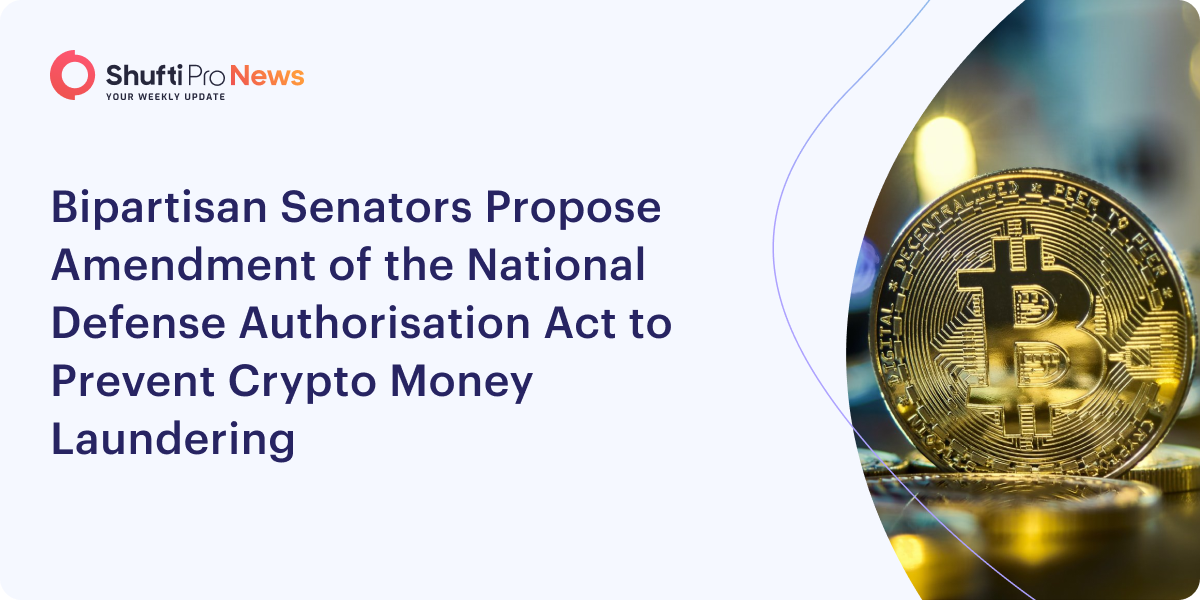 Explore More
Explore More
News
CFTC Fines CHS Hedging for AML and Other Violations
The Commodity Futures Trading Commission (CFTC) has fined CHS Hedging a civil monetary penalty of...
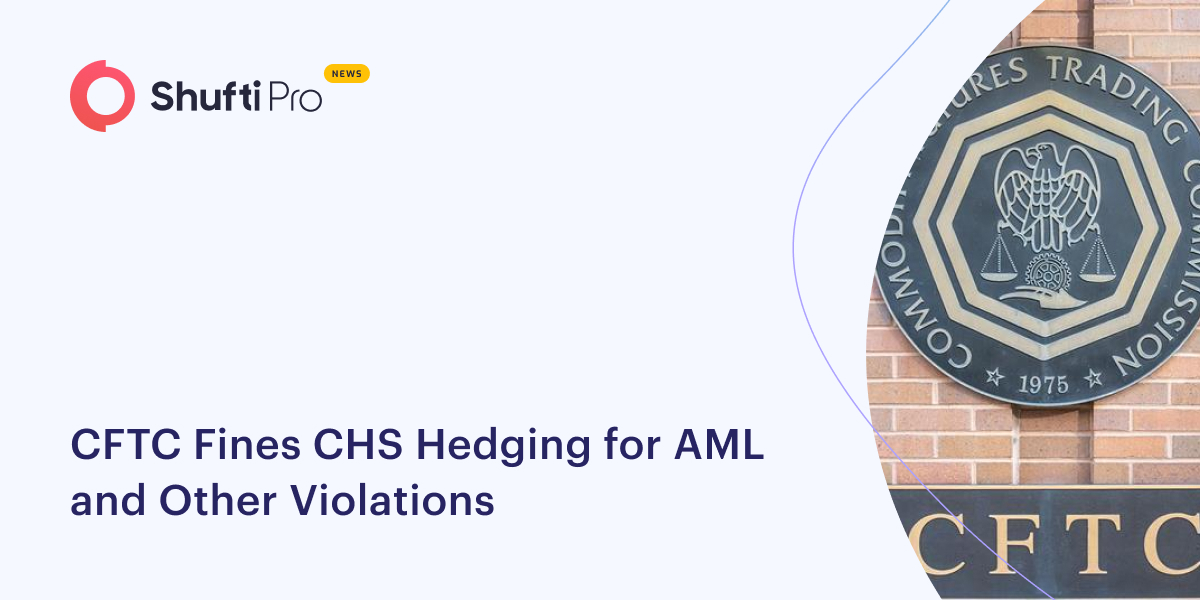 Explore More
Explore More
News
Court Filing Reveals that Hundreds of Roblox users Are Laundering Money Using In-Game Currency
Roblox, one of the popular video game platforms having over 58 million users, is being used to la...
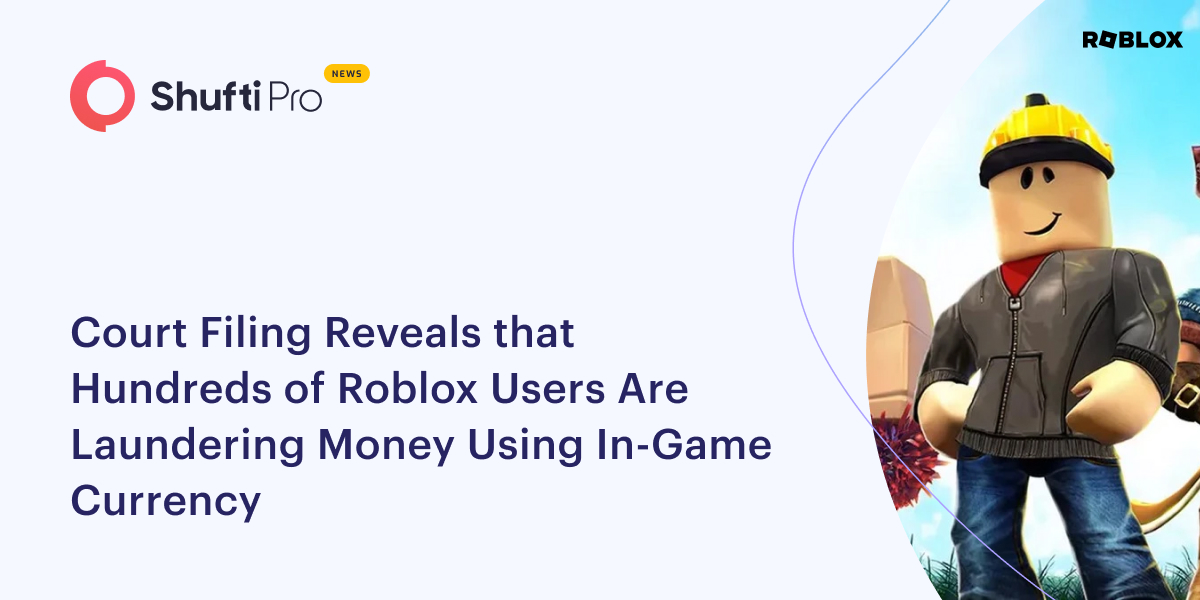 Explore More
Explore More
News
Saudi Bank Warns Citizens Against Financial Fraud Schemes Circulating via Fake News Websites
The Saudi Ministry of Commerce is reiterating warnings about fake news websites looting people by...
 Explore More
Explore More
News
Job Seekers Face Concerns of Identity Theft Through Fake Employment Scams
Fake employment advertisements defrauded many job seekers with theft of money and personal detail...
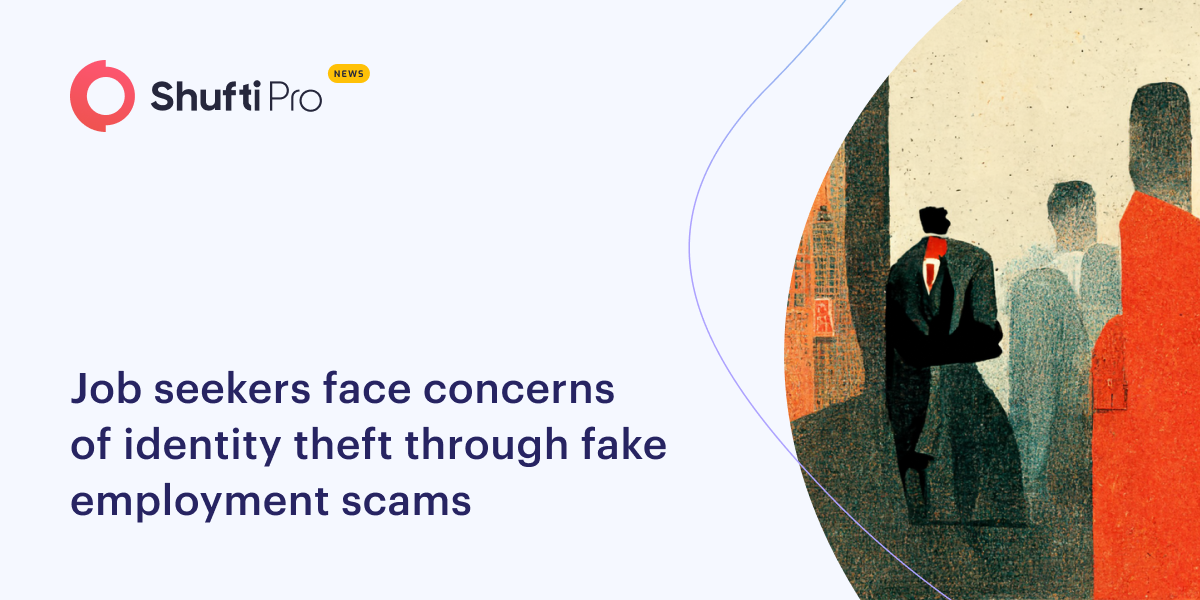 Explore More
Explore More
News
The Bahamas to Launch a Payment Card for Central Bank Digital Currency
Bahamas’ Central Bank has joined hands with Mastercard and digital payment startup Island Pay to ...
 Explore More
Explore More
News
AML Program Risks Highlighted by the Pandora Papers Scandal
Experts have advised compliance officers to divert their focus on EDD, CDD, and UBO verification ...
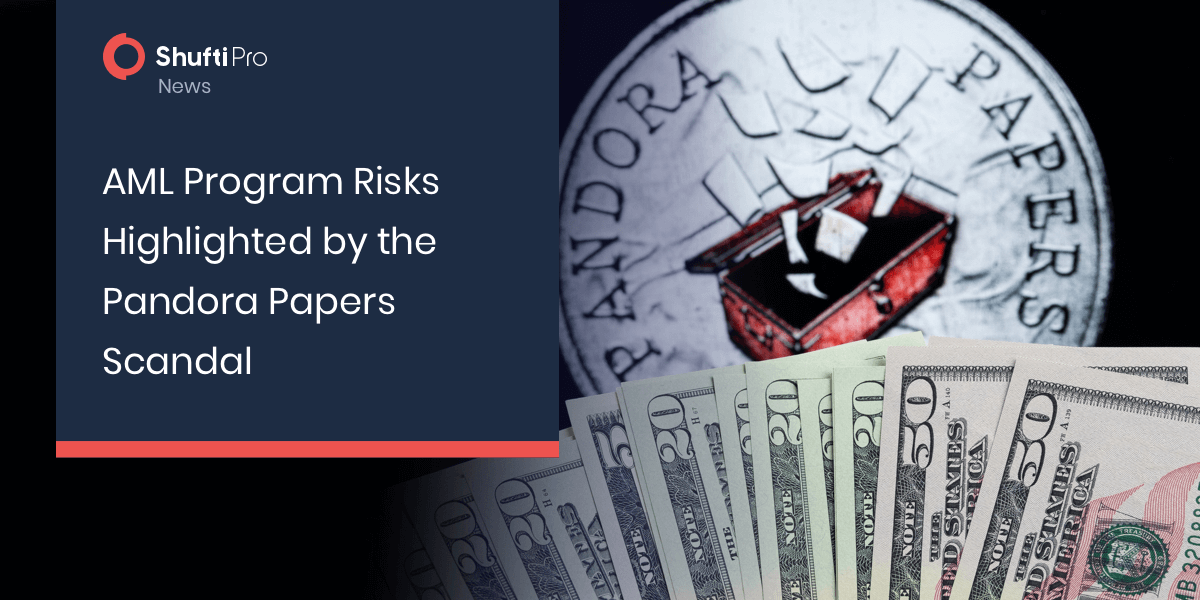 Explore More
Explore More









































































